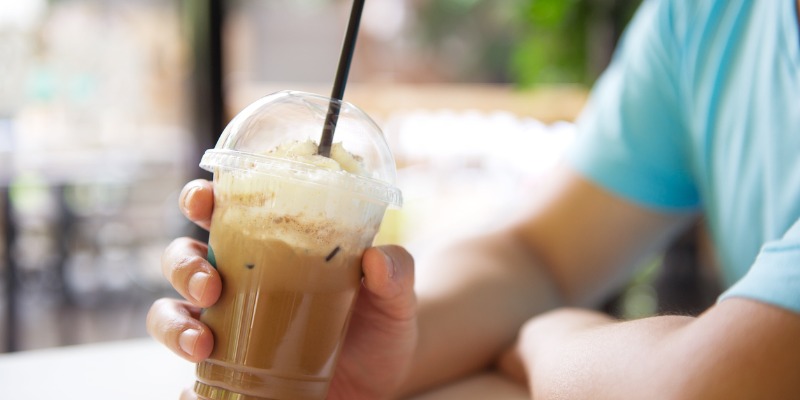Ottawa’s plastic ban plan—stunningly poor and deceptive policy

Can we talk about drinking straws for a minute? As you may know by now, as part of its “zero plastic waste” crusade, the Trudeau government has banned several kinds of plastic eating and drinking utensils and plastic grocery bags. The rationale behind these bans is that single-use plastics harm the environment; directly, by escaping into the physical environment and causing harms to wildlife, and indirectly by the greenhouse gas emissions attendant upon their manufacture.
But these rationales were known (yes, even by government) to be spurious. The government’s own analysis acknowledged that the amount of plastics from these sources physically entering the environment was miniscule. And that the potential greenhouse gas reductions from banning such plastics was equally miniscule in a global context and incapable of exerting any measurable influence on global climate. It was also known that the alternatives to plastic straws, forks, spoons, etc. would likely cause as much or more environmental harm—more waste to manage, more potential hygienic reductions, and more environmental impacts related to wood-and-paper-goods production, the favourite candidate for substitution products. Finally, it was also known that the ban plan would have costs that far outweighed the benefits of its stated goals.
In fact, all of these things were so well established it’s nearly impossible to view the government’s plastic ban as anything other than political performance art. There’s certainly no basis on which it can be anything resembling rational public policy. Now, barely a year into government’s ban plan, some of the predictable perversities of the bans are coming home to roost.
According to a new study published in the journal Food Additives and Contaminants, alternatives to plastic drinking straws (that is, straws made of paper, wood and glass) all carry a burden of chemicals called per-and polyfluoroalkyl substances (PFAS), somewhat histrionically called “forever chemicals” by the mainstream media. These chemicals are widely used in industrial processes due to their range of characteristics including water resistance and discoloration resistance.
Now, to be fair, the whole PFAS thing is somewhat overwrought and people should not panic. While there’s some highly theoretical, epidemiological and non-human experimental evidence that PFAS might influence some aspects of human biology, there’s virtually no direct evidence of such interactions in humans, and nothing like a standard toxicity measure has been established, nor a dose-response relationship for the vast class of PFAS that exist. Even the much-touted threat to children’s developmental health from the PFAS has failed to show itself in recent research.
Nonetheless, the rapid emergence of a “surprise” that taints the entire supposition of plastic-straw substitutability ought to demonstrate that Ottawa’s ban on single-use plastics was conceived in haste, promulgated in bad faith (where the Trudeau government knew the policy would deliver scant benefits, if any), and was deceptive in suggesting alternatives that were particularly more benign than single-use plastics.
Clearly, the Trudeau government should retract the bans on single-use plastics, and for that matter, the entire “zero plastic waste” framework, which has been demonstrated to be stunningly poor public policy. Unfortunately for Canadians, the government has shown a preference for doubling and tripling down on its mistakes and failures, so such an outcome is likely to await some future government more grounded in reality.
Author:
Subscribe to the Fraser Institute
Get the latest news from the Fraser Institute on the latest research studies, news and events.

